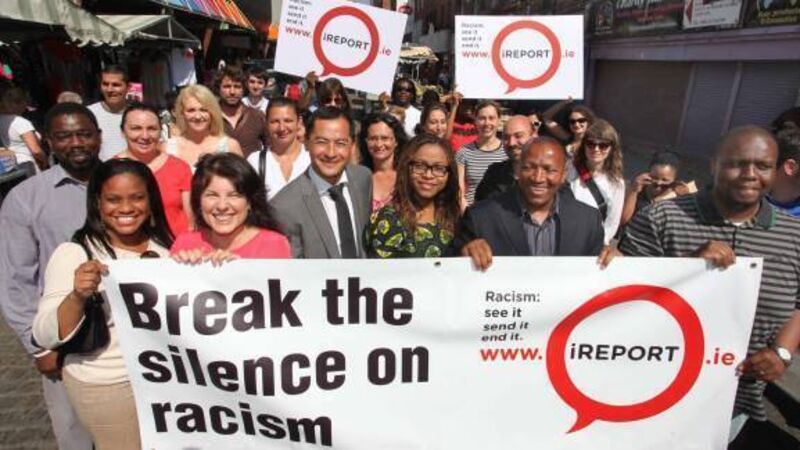Online resource gives a voice to victims of racism

THE quote above is from a case that was sent to a racist-incident reporting system, iReport, which was launched last July by the Irish division of the European Network Against Racism, ENAR Ireland. It enables victims and witnesses to go online and give accounts of racism.











